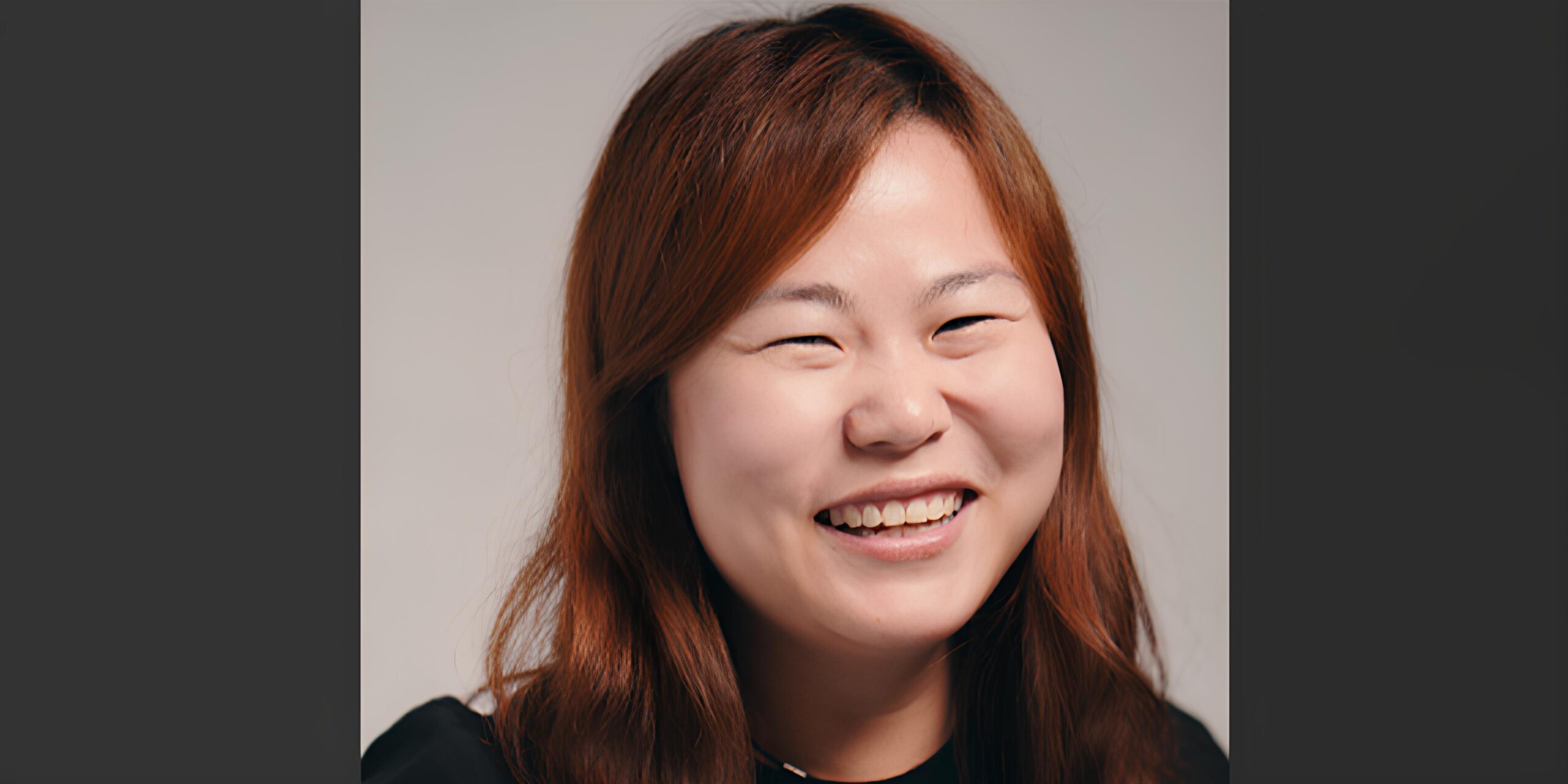Welcome to Media Matters, the interview series by Fublis, where we engage with leading professionals from the media world, including journalists, editors, and writers, to explore their perspectives on the evolving landscape of media and communication.
In this edition, we sit down with Roberta Vieira, an accomplished Urbanism Editor at Caos Planejado. Roberta brings a wealth of experience as an urban designer and writer, merging her passion for urban planning with her editorial expertise. From shaping new neighborhoods in Brasília to curating insightful content on urbanism, her journey offers valuable insights into the intersection of urban design and media.
Join us as we dive into Roberta’s unique career path, her approach to making urban planning more accessible, and her vision for the future of cities.
What about the Urban Psychology course resonated with you and influenced your passion for urban spaces?
Roberta Vieira: I have always been interested in human behavior, and studying how the design of spaces influences it was truly fascinating! In this course, I read about and was introduced to Jane Jacobs for the first time, which I believe is a turning point for every city lover. Understanding the significant impact urban spaces have on people’s behavior, feelings, and daily lives opened my eyes to the importance of prioritizing people in urban planning, and how transformative that can be.
As an urban designer working on the new neighbourhood project in Brasília, what were some of the key challenges and successes you experienced?
Roberta Vieira: As an architecture and urban planning student, I had limited knowledge of how theoretical ideas could be practically applied to cities. Working on this project allowed me to understand how things operate in the real world. This was both my biggest challenge and greatest accomplishment. It was particularly difficult to introduce new ideas in a city like Brasília, known for its modernist urbanism and car-centric planning. Some strategies to promote density, diversity, and walkability in the design of the new neighborhood faced significant obstacles with regional regulations. However, the success of helping to shape a new kind of urban experience—one that integrates the best contemporary urban design concepts globally—was incredibly inspiring and will be life-changing for many people.
What inspired your transition from urban design to writing and editorial work in urban planning?
Roberta Vieira: Although I enjoyed working as an urban designer, I have always loved writing, learning, and researching. As someone passionate about cities, reading and writing about them has always been my favorite thing to do. So, when the opportunity arose to work for Brazil’s most important urban planning publication, it felt like the perfect fit!
How did your experience as an urban designer shape your approach to writing content on urban planning topics?
Roberta Vieira: My experience as an urban designer has helped me better understand and observe how people perceive cities, and how even the best-intentioned designers face numerous challenges when trying to implement projects that benefit urban life. With this background and my work in producing content on urban planning, I decided I wanted to contribute with a simple and accessible approach. I believe great urban ideas should be made easy to understand and widely shared, reaching everyone—from local residents to policymakers.
As the Urbanism Editor at Caos Planejado, what are some of your main responsibilities and goals?
Roberta Vieira: My main responsibilities as the Urbanism Editor at Caos Planejado are to ensure that the content is easy to understand for all types of readers, and that the ideas and arguments presented are data-driven and scientifically supported, rather than just opinion-based. Our primary goals are to stimulate changes in Brazilian urban policies so cities can become more diverse, dynamic, and accessible, and to make our content reach people who may not work in architecture or urbanism, as cities impact everyone’s lives.
What has been your experience working with influential figures like Alain Bertaud, Edward Glaeser, and Shlomo Angel? How do their perspectives influence the content at Caos Planejado?
Roberta Vieira: I did not work directly with these figures, as their involvement with Caos Planejado occurred before I joined the team. However, their ideas have undoubtedly influenced much of our work, as we consider their contributions fundamental to understanding the dynamics of cities. We believe they are now among the most influential and important voices in urban planning worldwide.
Could you share insights into how you approach curating content and topics for the Caos Planejado podcast? What themes are you most interested in exploring?
Roberta Vieira: In that regard, I must admit it’s a true privilege to work alongside people with far more knowledge, experience, and connections than I have. Most of the ideas for podcast guests don’t come from me, but each episode opens up a vast horizon of new ideas—topics to explore, people to interview, articles to write, and content to post on social media. It’s like one idea naturally leads to another. Over the years, Caos Planejado has produced podcasts on a wide range of topics, including mobility, housing, urban economics, and many others.
With your diverse background in design and writing, what advice would you give aspiring urban planners interested in both fields?
Roberta Vieira: My advice would be to learn and observe as much as possible. Make the most of every professional opportunity, as even the smallest experiences can help build your background. And if you enjoy writing, start with what’s within your reach. If you can’t publish an article on a major website right now, consider creating your own blog or sharing your thoughts on social media with friends.
Looking ahead, what are your career aspirations in urban planning?
Roberta Vieira: I hope to continue producing content about urban planning and contribute to the mission of educating more people on these topics. I aim to expand my influence as a writer and perhaps even lecture or teach one day.




